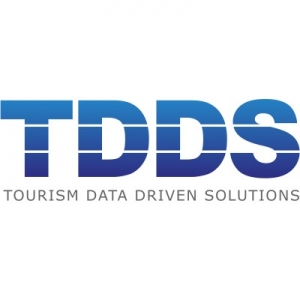
By Stephen Dawson
We are living in times of profound changes, where citizens are increasingly demanding and critical of the behavior of the companies and destinations with which they interact. This requirement has been recognized by large investment funds, which, applying the Environmental, Social and Governance (ESG) criteria, discriminate against those companies that do not meet these requirements.
The criteria are a set of rules for the operations of a company that more and more socially conscious investors use to select possible investments. The environmental criteria take into account the performance of a company and its impact on the natural environment (CO2 emissions vs. Carbon Neutral, use of clean energy, zero waste policies, circular economy policies, etc.). Social criteria examine how you manage relationships with employees, suppliers, customers, and the communities in which you operate. Governance deals with analyzing areas such as company management, executive compensation, inclusion policies, audits, internal controls, and shareholders’ rights.
clients and the participation of these funds in their capital must develop policies that address these three axes: Environmental, Social and Governance. Curiously aligned with the tourism development model of “Smart Destinations” and, of course, with the “Smart Companies”, for which we are firmly committed from TDDS
NFor its part, the World Travel & Tourism Council (WTTC) oversees sustainability reporting among its members and the global Travel & Tourism industry as a whole. The prevalence of the reports not only demonstrates a tendency to address key sustainability issues, but also provides the opportunity to analyze data from across the sector and review policies or programs.
The travel and tourism sector (Meliá, TUI, Mandarin, Marriott, among others) has followed the global trend of increasing sustainability reports and the use of Environmental, Social and Governance (ESG) information. Information mandates from governments, stock exchange regulations and requirements of large investment funds, customer requests and internal recognition of their importance have contributed to this trend.
As these ESG-oriented business practices gain traction, investment firms increasingly track their performance. Financial services companies such as JPMorgan Chase, Wells Fargo and Goldman Sachs have published reports that comprehensively discuss their ESG approaches and bottom line.
Thus, Tourism and Travel companies that need the approval of theirot only are destinations obliged to follow this methodology to position themselves in the mind of international tourists, companies have even more need to evolve towards this model, taking into account that not only their positioning is at stake, but their future financing.

By Precondo CA




Leave a Reply
Want to join the discussion?Feel free to contribute!